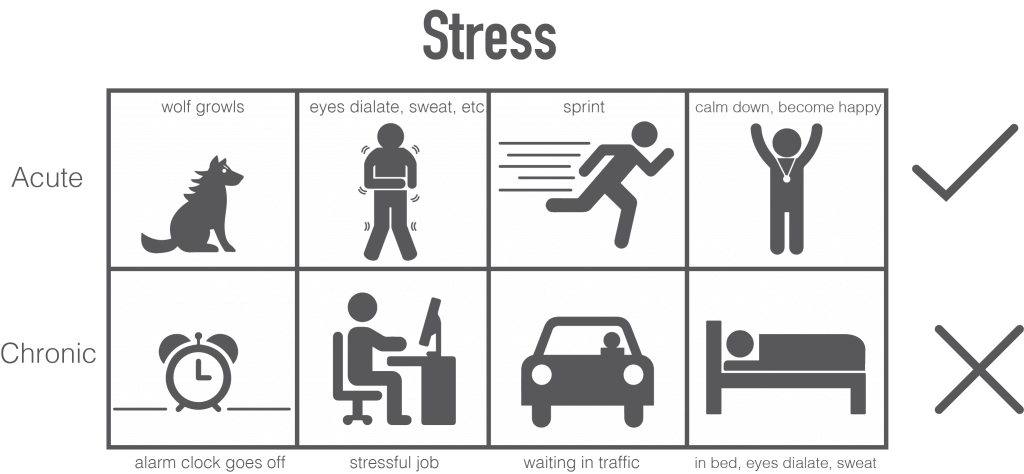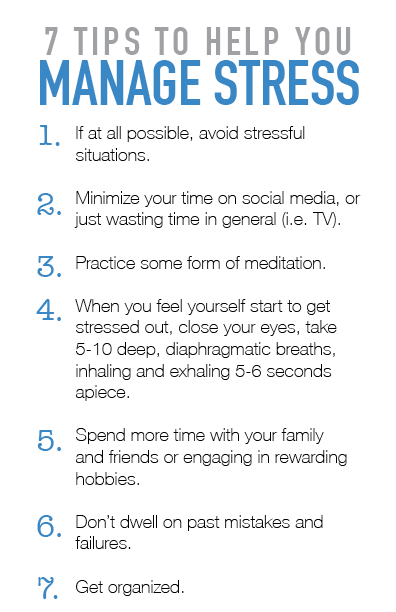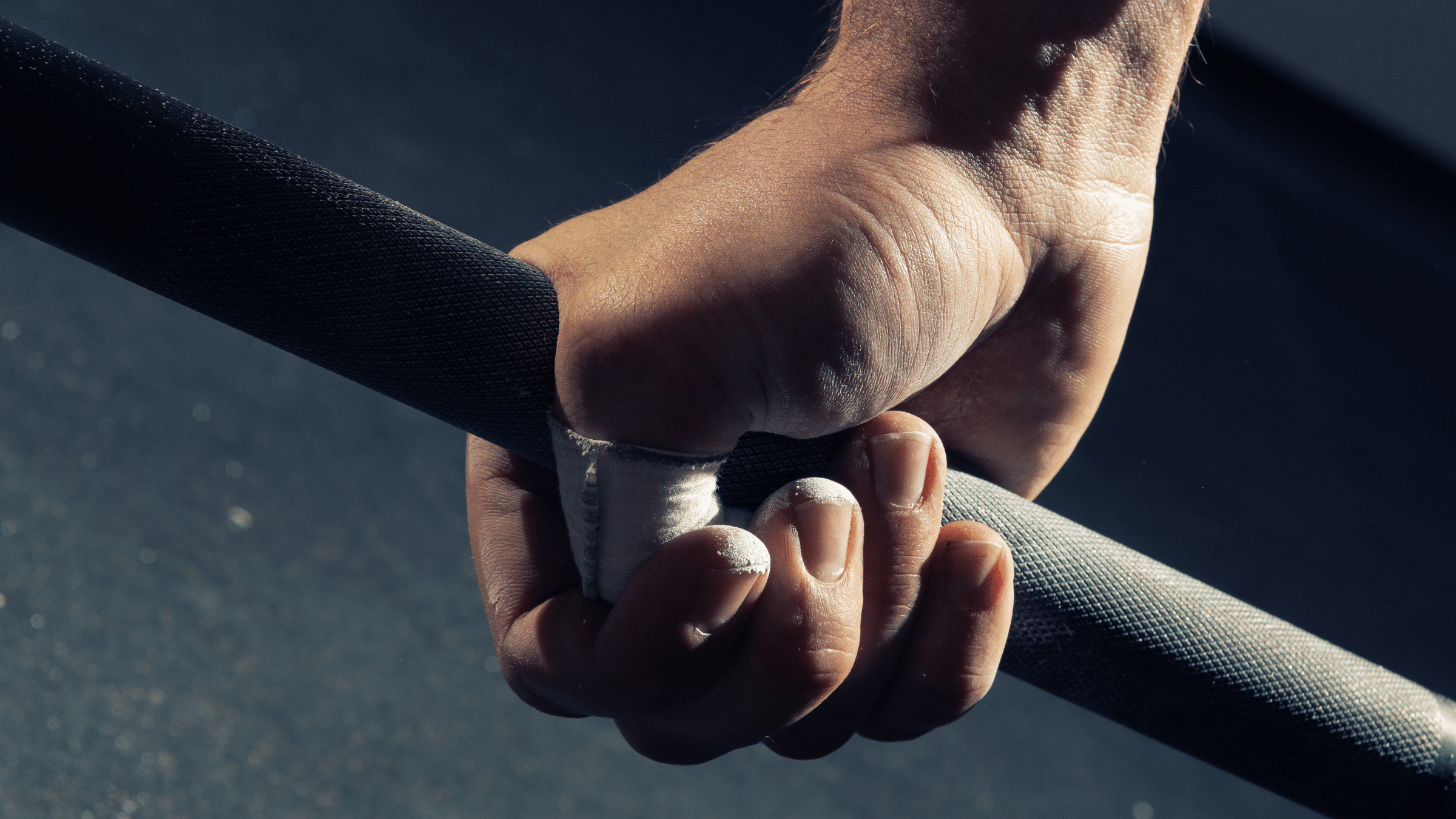The following is an excerpt from my new book “The Art of Lifting.” To see how “Science of Lifting” takes this topic in more depth, you can check out my article on rippedbody.jp which is essentially another except. This breakdown – general introduction to a topic in “Art,” and delving deeper in “Science” – is what this ebook bundle is all about.
Stress is a very huge, very important topic. If you’re interested in it, I’d recommend you check out the work of Robert Sapolsky. His academic work is top-notch, but if you’re not interested in wading through journals, his book Why Zebras Don’t Get Ulcers is very accessible and a must-read.
Stress is important because it affects every part of your body and your life. It affects your perceptions, your nervous systems, your organs, and (the part you probably actually care about) your performance in the gym and how well you recover from exercise.
Stress can come from anywhere. It could be from training; it could be from your overbearing boss or how much homework you have; it could be a fight with your significant other; or it could be the jerk that just cut you off in traffic.
Your body is very well-equipped for handling acute stress. When a rabid dog jumps out from behind a tree and your heart pounds, your pupils dilate, and the world starts moving just a little bit slower, that’s your acute stress response kicking in. It gives you the focus to deal with threats and kicks your metabolic systems into high gear to give you the energy to run away or engage in a fight to the death. After the stressor has passed, things go back to normal.
Your body is not so well-equipped for handling chronic stress. When your overbearing boss is criticizing and micromanaging you for 8 hours every day, you can’t run away at full speed or engage in a fight to the death. Well, you can, but both responses are generally frowned upon. This chronic stress can affect your body in profound and negative ways.
Stress is what signals your body that it needs to adapt to something. Your body sees something as a threat, the stress response kicks into high gear, and it causes adaptations that leave your body better equipped for handling that stress in the future. As previously mentioned, that’s what happens with training. Lifting weights is an acute stressor, your body senses the tension as a threat to the integrity of your muscles and connective tissue, so it adapts by making your muscles, bones, and tendons bigger and stronger.
However, in a situation of chronic stress, your body’s ability to appropriately adapt to a stressor is compromised. In this instance, you stress your muscles in the gym, but they can’t heal and grow as well as they’d otherwise be able to. It’s not just what you do in the gym, how well you eat, and how much you sleep that determines how well you adapt to training and how recovered you’ll be for your next training session (although those things certainly matter). Chronic stress from every other realm of your life matters as well.
This was illustrated in a recent study in which participants did 6 sets of leg press to failure. The group with low stress was recovered and back to full strength two days later, whereas the group with high stress took four days – twice as long – to recover and was sorer and more fatigued in the days following the exact same workout.
Minimizing stress in your life and finding productive avenues for venting stress is crucial for long-term progress in the gym and long-term health. This graphic lists some tips for helping you do just that.
• • •
Next: Stress: The Silent Killer of Gains →
Sleep, Pt 1: Wrecking Your Diet, One Night At a Time →






